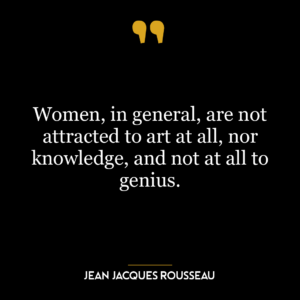This quote emphasizes the importance of self-mastery and self-awareness over external achievements. In essence, it suggests that the wisdom gained from understanding and controlling one’s own thoughts, emotions, and actions is far more valuable than the knowledge one can impart through writing a book.
The act of composing oneself requires introspection, self-discipline, emotional intelligence, and the ability to navigate life’s ups and downs with grace and resilience. It involves knowing oneself deeply, recognizing one’s strengths and weaknesses, and striving for personal growth. On the other hand, composing a book, while a significant accomplishment, primarily requires knowledge and creativity. It doesn’t necessarily involve the same depth of self-understanding or emotional maturity.
In today’s world, this quote is particularly relevant. We live in an achievement-oriented society, where success is often measured by external accomplishments such as career advancement, wealth, or fame. However, this quote reminds us that true wisdom and fulfillment come from within. It encourages us to focus on personal development and emotional intelligence, rather than solely on external achievements.
In terms of personal development, this idea suggests that we should prioritize self-awareness and emotional intelligence. It encourages us to cultivate a deep understanding of ourselves, to manage our emotions effectively, and to navigate our relationships with empathy and understanding. It also reminds us that personal growth and self-improvement are ongoing journeys, not destinations. By continually striving to ‘compose ourselves’, we can lead more fulfilling, balanced, and meaningful lives.















